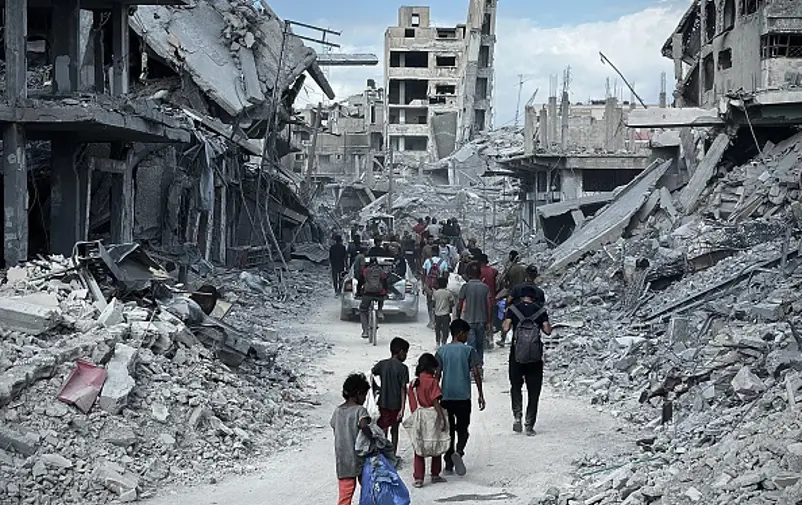Women’s Organizations in Peace-Making
This research brief is part of a series, initiated in connection to the 20th anniversary of UNSCR 1325 and promotes the realization of the Women, Peace and Security agenda through evidence-based policy and practice. It is the result of a collaboration between the Folke Bernadotte Academy (FBA), the Peace Research Institute Oslo (PRIO), and UN Women.
Peace-making has for long been characterized by its exclusive nature and by the fact that it has been almost completely dominated by men. A central pillar of the WPS agenda has been to strengthen women’s meaningful participation in peace processes and peace negotiations. However, the understanding of the more specific role of women’s organizations in peace-making remains limited and fragmented.
In order to improve our understanding of the varying roles of women’s organizations in peace-making, this brief contributes new data recently collected from the Non-Warring Actors in Peace-Making (NOWA) dataset.
Authors: Desirée Nilsson and Isak Svensson








 >
> >
>

